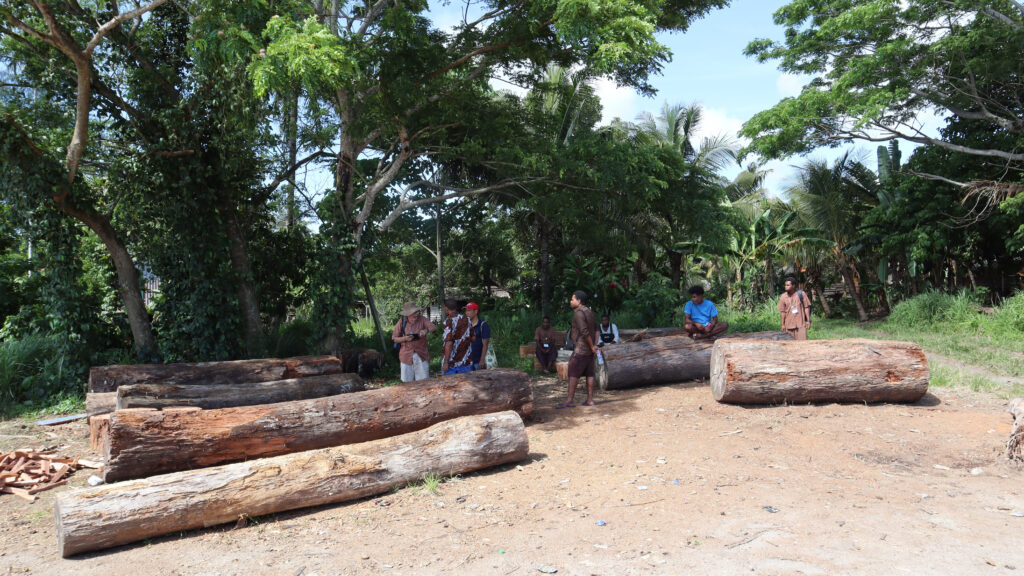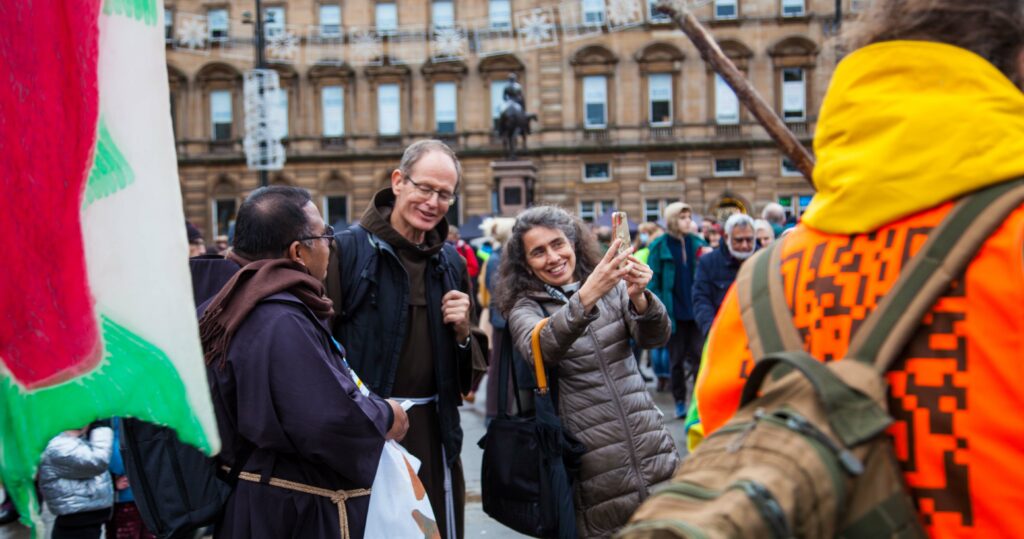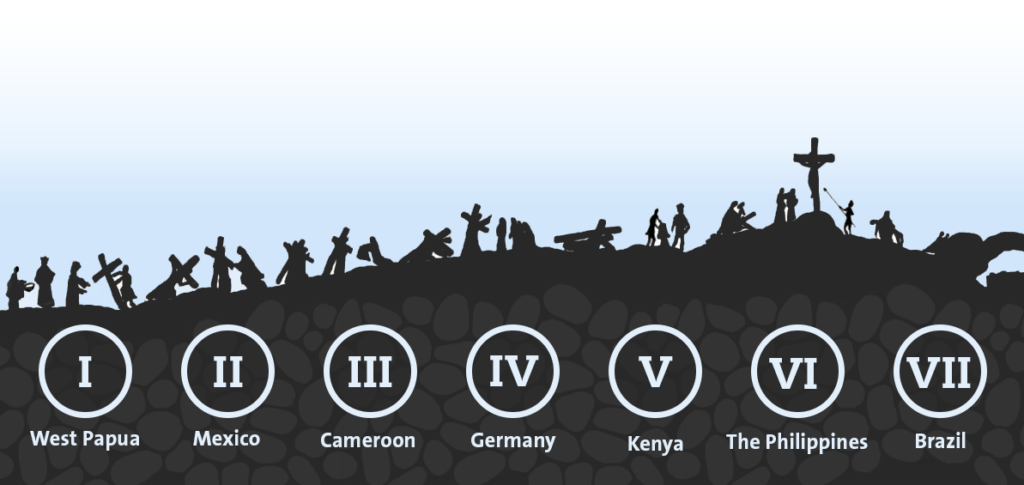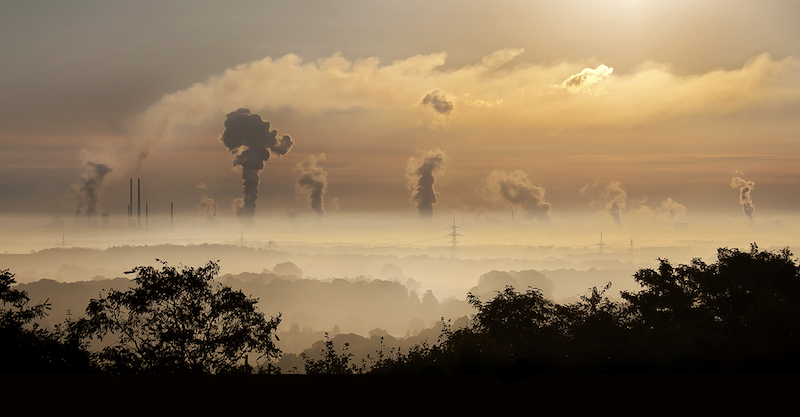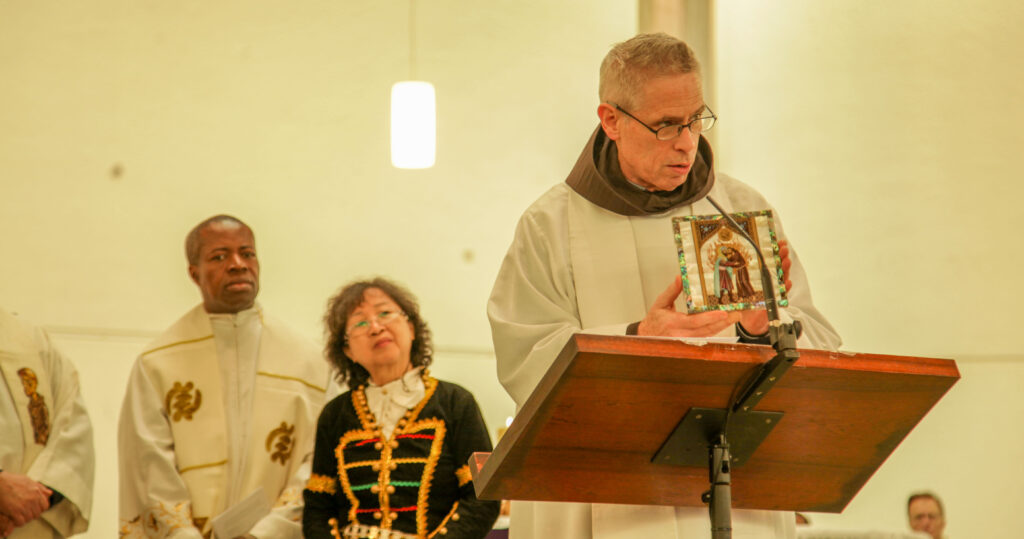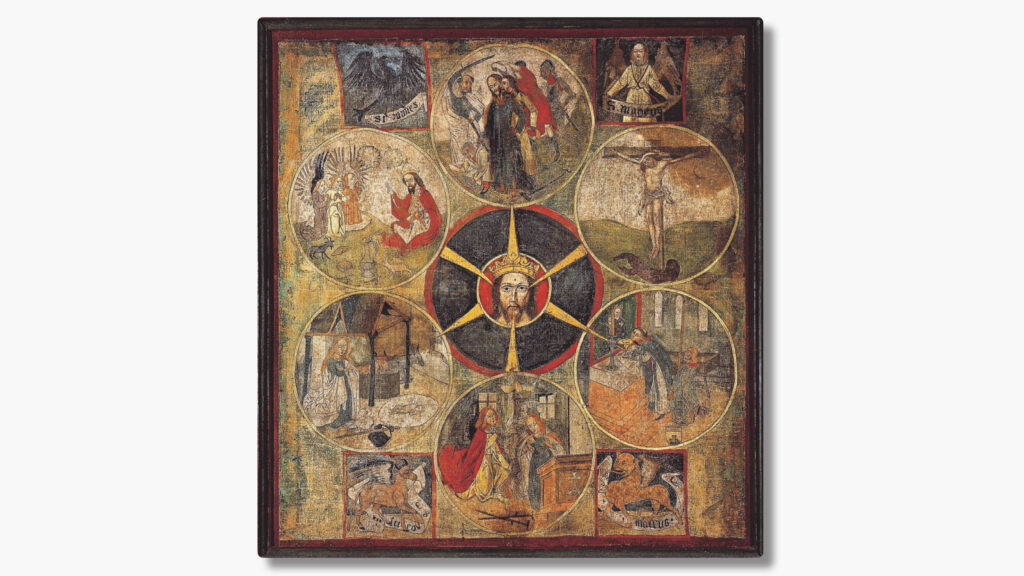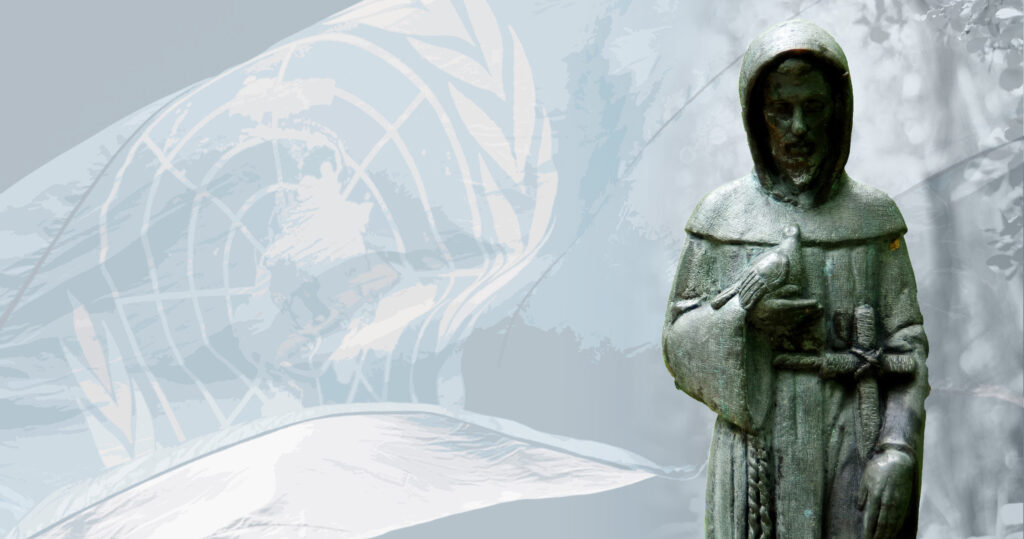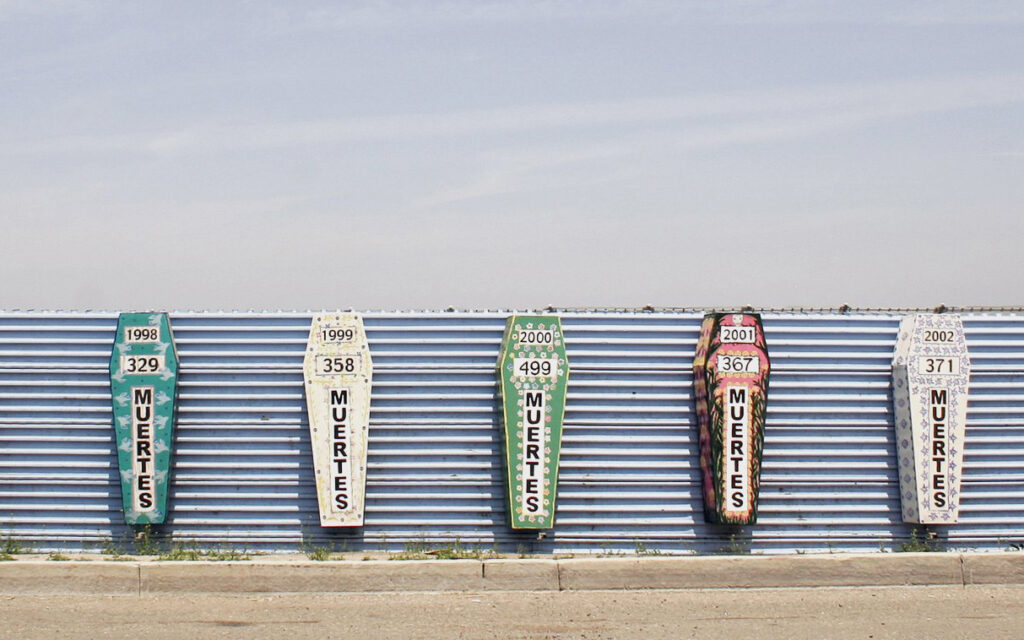To mark the observance of international days that have a particularly deep resonance within the Franciscan family, sisters and brothers collaborating with Franciscans International have provided spiritual reflections on the intersection between their faith and their human rights work. For Mother Earth Day, Brother Christopher John SSF, Minister General of the Society of Saint Francis, explores the topic of environmental justice.
FI collaborates closely with the Society of Saint Francis to address the negative impacts of logging in the Solomon Islands: at the United Nations, we support their grassroots work using a human-rights based approach. You can find our most recent work on environmental justice at the UN here.
• • •
Franciscans are rightly concerned with the needs of the environment in which we live. Francis might have turned into the saint of birdbaths in popular thought, but his approach to creation was much richer than that simple image. He affirmed the value of creation and saw that God entered the world in human form in the humility of frail human flesh. And he recognized too that God continues to dwell among us in the bread and wine of Christ’s body and blood. The world we live in is a sacramental encounter with the divine.
The things of our physical world are important; in other words, “matter matters.” Justice is a rich concept in biblical terms. More than the punishment of wrongdoing, it means giving people their rights, and especially to those most vulnerable.
If we bring environment and justice together as environmental justice, Franciscans have a powerful lens to look at the world. We love and care for the material things of creation, since they are for us signs of the divine presence. But we also hear the voices of the suffering. The poor, the marginalized, the oppressed peoples of the world. Just as we hear these human voices, we also need to hear the voices of the whole created order crying out for justice because the voices of the rivers, lakes and forests and so on, these are the voices of the vulnerable.
But justice requires more than just listening. The biblical phrase is to “do justice”; justice is action. The action done by Franciscans International is to take the voices of the vulnerable (of humans – and of all creation) and to let these voices speak in the UN gatherings where policies can be set and programmes initiated.
Our best witnesses to the cry of the environment are those living most closely to the land and sea and rivers. They see and know the daily changes caused by climate change or rising sea levels. They know what it is when their land no longer produces the crops it has for generations, or when their fresh water supplies become undrinkable.
They have no alternative supplies. Their daily food comes from the land and sea round them—or it doesn’t.
As an example of this, we’ve visited villages in Solomon Islands and heard the stories of the environmental, social and spiritual damage caused by logging. We’ve taken these stories to the UN and used them to lobby successfully for improvement in management of logging. There’s much to follow up, and environmental matters at local level interact with global concerns. It’s just a start, but we are driven by the voices we have heard. And as Franciscans we are committed to continuing to advocate for the needs of Mother Earth.
Franciscans are (or should be) the people who know intimately the needs of those living on the most vulnerable margins. We are privileged by education and status. Let us also be the people who “do justice” for all our sisters and brothers in creation.

